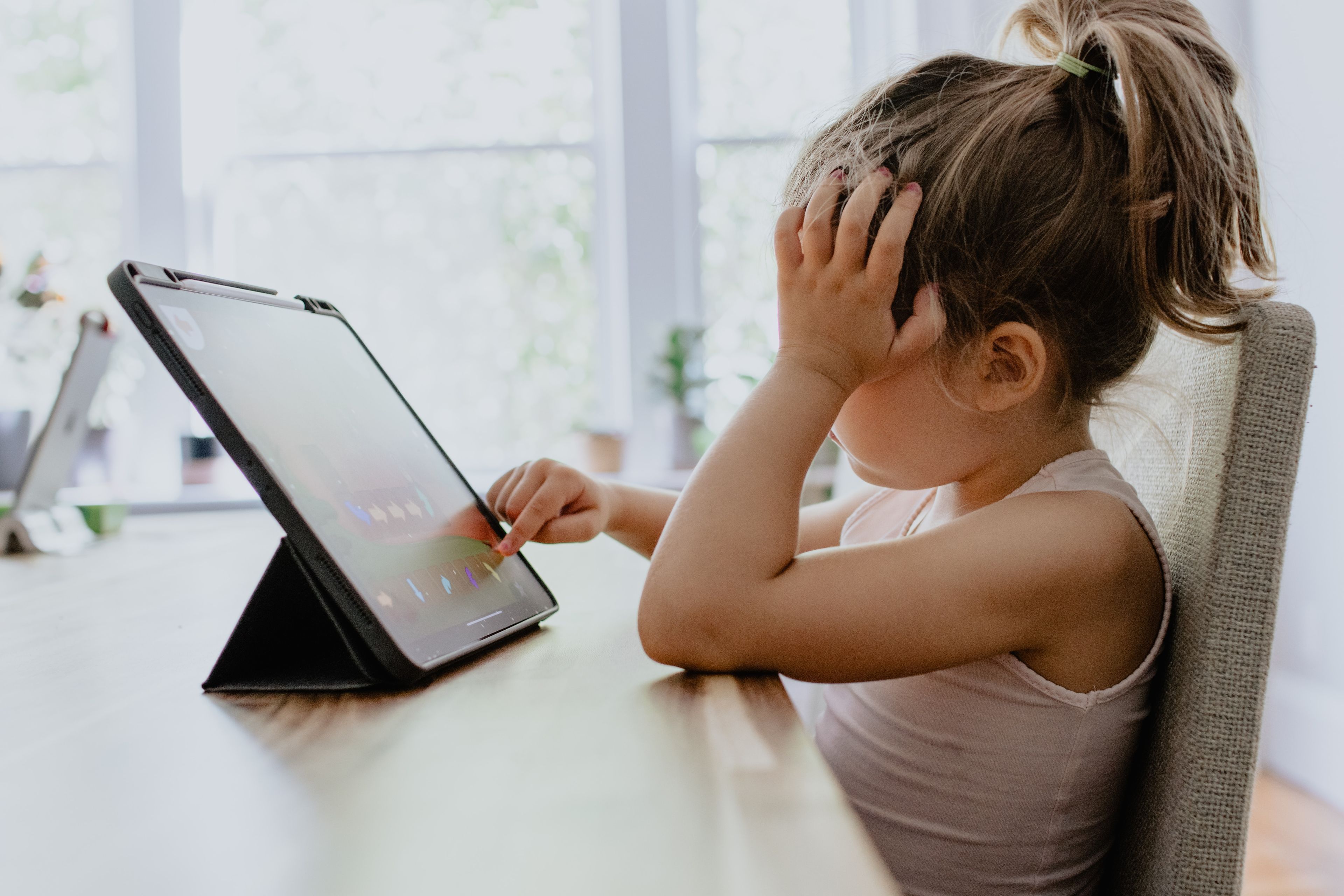
The Dangers of Over-Sharing Children Online
The dangers of over-sharing and the need for parents to be more mindful of their online practices.
In today's digital age, it has become increasingly common for parents to share every aspect of their children's lives online. From posting adorable photos on social media to documenting milestones and everyday moments, parents are often eager to share their joy and connect with others. However, this culture of over-sharing raises important questions about the privacy and well-being of children. In a recent conversation with Sarah, a passionate advocate for children's digital safety, we delved into the dangers of over-sharing and the need for parents to be more mindful of their online practices.
Sarah's journey began when she became a mother in 2017 and started following mom influencers on Instagram. As she observed the increasing amount of time parents were spending online and the personal information they were sharing, she began to feel uncomfortable. The realization that she, as a stranger, was invested in the lives of these children who did not know her and were being used as content online sparked a desire to start a conversation about the potential risks of over-sharing.
One of the main concerns Sarah highlighted was the lack of consent and privacy for children. She emphasized that children are autonomous human beings deserving of dignity and respect, and they should not be treated as props or accessories for content. Sarah urges parents to reflect on their sharing practices and consider the long-term consequences for their children. She also encourages parents to evaluate the content they consume and support, as following influencers who exploit their children perpetuates the problem.
Addressing the pushback she receives, Sarah acknowledged that discussing this topic can be polarizing. However, she emphasizes that her intention is not to shame or judge parents but to raise awareness and promote a more thoughtful approach to sharing. Sarah initially faced criticism and hate as a new creator but has used it as an opportunity for self-reflection and growth. She believes that the conversation has shifted over time, and more people are receptive to the message.
Why Do Parents Over-Share
Sarah identified two main factors: the desire to connect or support other parents, and the pursuit of online popularity and validation. While she acknowledged the natural inclination to share as a parent, she emphasized the importance of finding alternative ways to connect and support each other without exploiting children's privacy.
As we explored the experiences of children who are constantly on camera, Sarah raised thought-provoking questions. She questioned whether these children can authentically be themselves or if they feel the need to perform for the camera. She highlighted the potential impact on their sense of self and the blurred boundaries between their private and public lives. Sarah stressed the importance of allowing children to have their own agency and not treating them as objects for content creation.
We also discussed the potential long-term consequences for children who grow up with an extensive digital footprint. Sarah expressed concern about the lack of control parents have once an image or video is shared online. She highlighted the risks of manipulation, exploitation, and cyberbullying that children may face as they navigate their digital presence. Sarah urged parents to consider the future implications of their sharing decisions and the potential impact on their children's mental and emotional well-being.
In terms of categorizing different types of over-sharing, Sarah identified several groups. There are the new parents who are excited and eager to share their child's every moment, the "medical mamas" who exploit their children's medical conditions for content, and parents who hypersexualize their children. Each group raises unique concerns, but the underlying issue remains the same – the violation of children's privacy and autonomy.
To address the issue of over-sharing, Sarah provided tangible tips for parents.
- She emphasized the importance of going private on social media and curating a list of trusted friends and family members to share content with.
- Sarah also encouraged parents to question their motivations for sharing and consider the potential impact on their child's future.
- She urged parents to establish hard rules, such as not sharing images of their children in compromising positions, to protect their privacy.
In conclusion, the conversation with Sarah shed light on the dangers of over-sharing and the need for parents to be more mindful of their online practices. It is crucial for parents to recognize that children are autonomous individuals deserving of privacy and respect. By reflecting on their sharing practices and considering the long-term consequences, parents can create a safer and more respectful digital environment for their children. The shift towards more thoughtful sharing practices is essential to protect children's privacy and well-being in the digital age.
As we move forward, it is crucial for parents, families, and society as a whole to continue having conversations about the impact of over-sharing and the importance of children's digital safety. By raising awareness and promoting responsible online practices, we can create a future where children's privacy is respected, and their well-being is prioritized. Let us strive to protect our children and ensure their digital autonomy, just as we would in any other aspect of their lives.